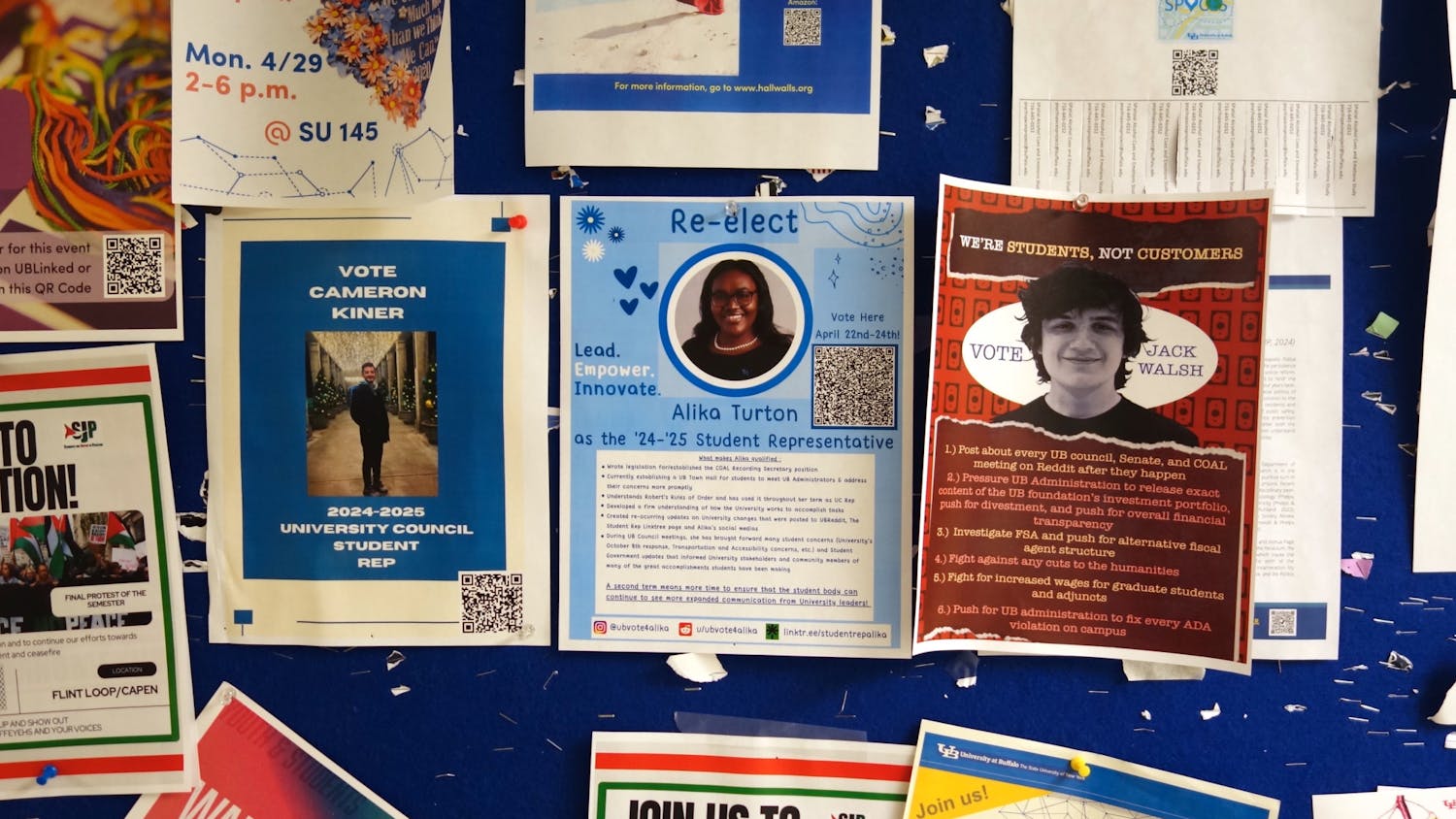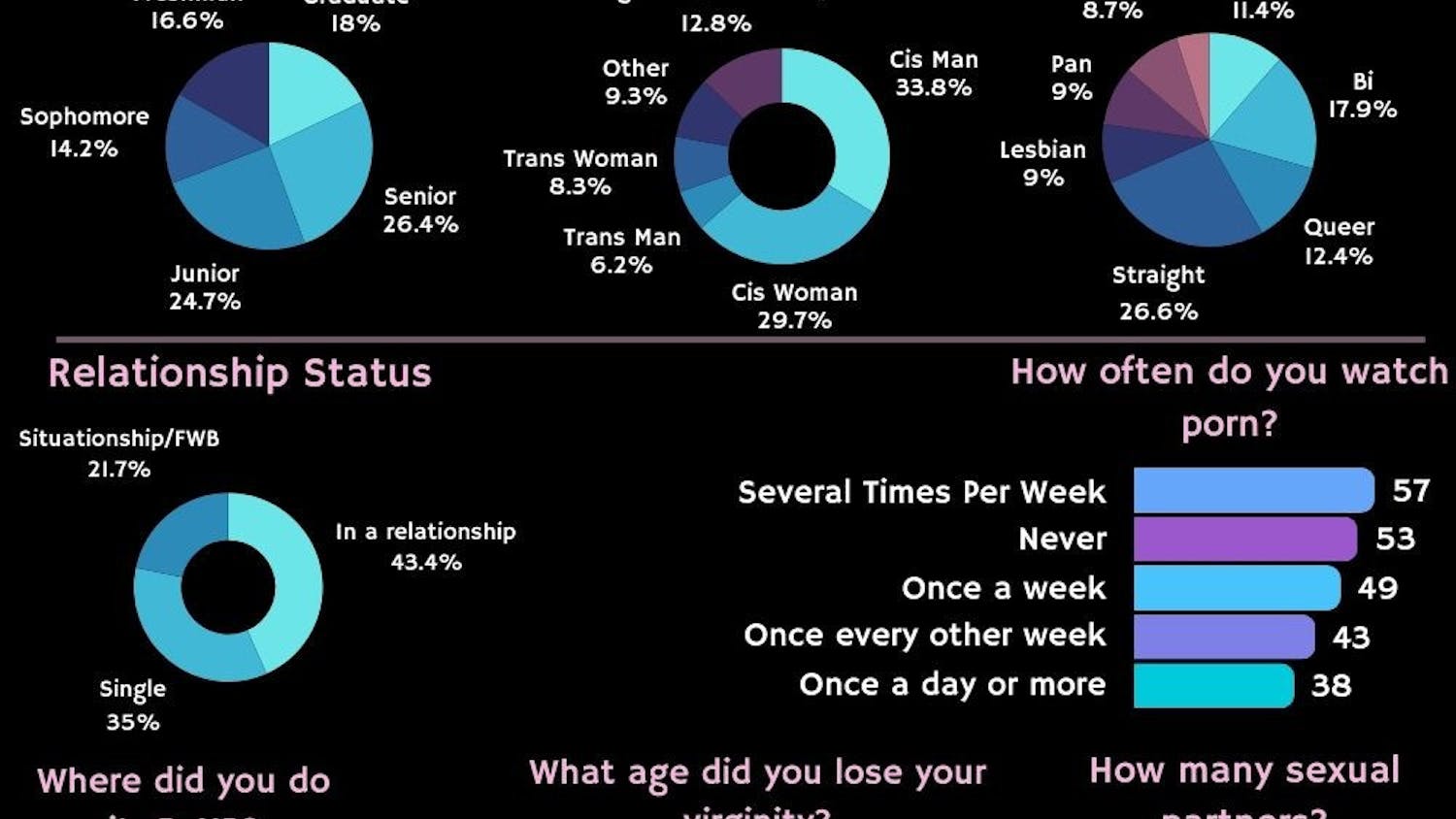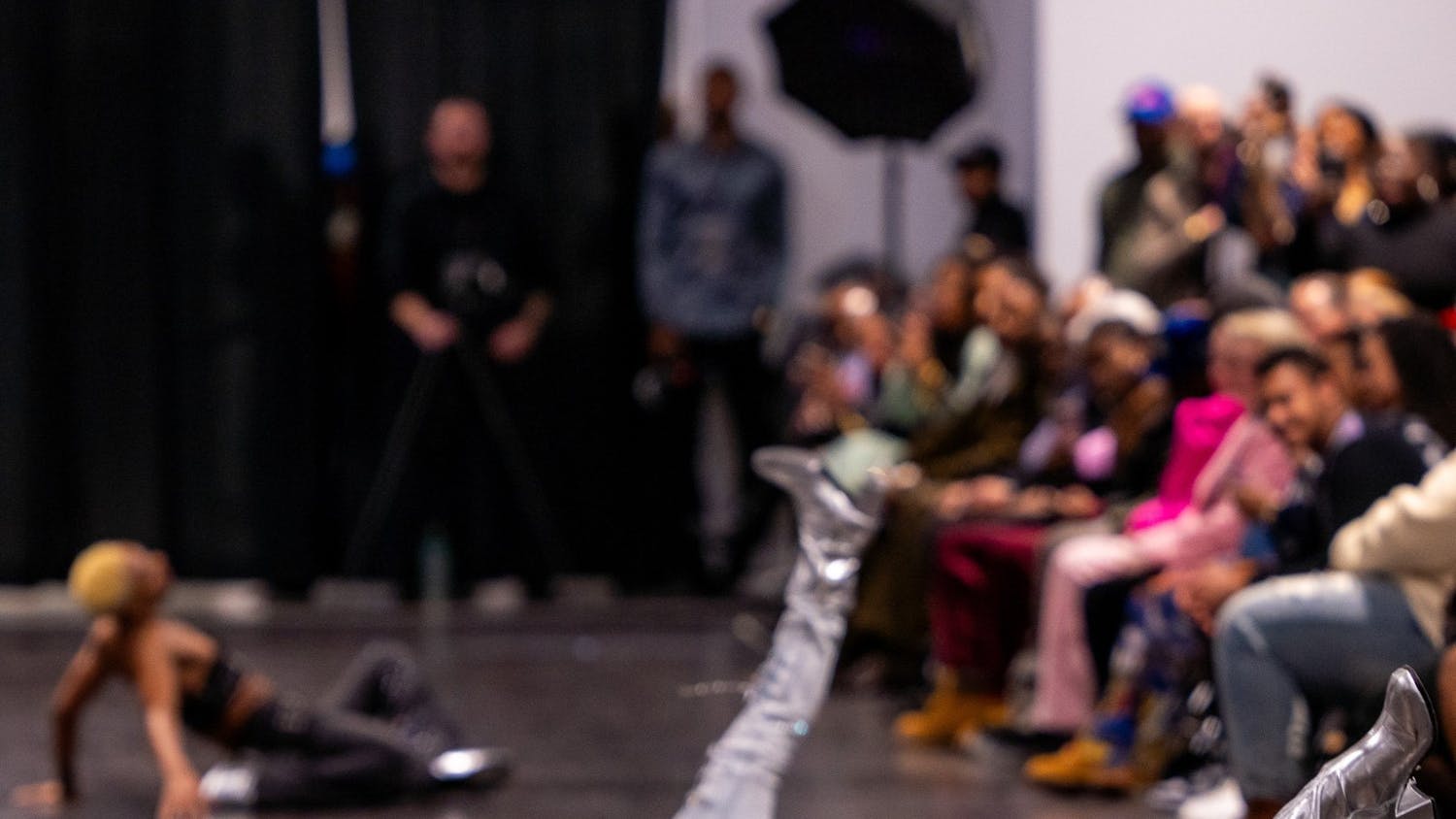Getting a squad together and going to see 30-40 different bands perform over the course of a three-to-four day music festival is quickly becoming the “it” thing to do for college students during the summer.
From Electric Zoo and Electric Daisy Festival to Bonnaroo and Coachella, the number and types of music festivals – which has become a billion-dollar industry – grows every year.
The 2016 festival season is approaching and many UB students are finalizing their summer plans to make it to one of their top choices.
Many people see festivals as the ultimate music lover experience but, more often than not, going to a music festival is unquestionably expensive and complicated. Festivals tickets can cost several hundred dollars and VIP tickets can cost more than a $1,000 – which doesn’t include the travel costs that come with getting there.
Yet some UB students look back on their experiences of past festivals as some of the most exciting and interesting days of their lives.
From day-long festivals to those that they’ve camped out on weekends for, students go from one festival to the next looking for good vibes and great music.
Carlie McHale, a junior interdisciplinary sciences major, is planning to attend Governor’s Ball in New York City this June to see Kanye West. She said the reason festivals are so popular is because of the environment and the free-flowing atmosphere.
“It is almost more freeing than other concert venues,” she said. “Knowing that you can leave as you please, move to a different show and plan your day how you want is extremely exciting.”
For first-time festivalgoers, the whole experience can be overwhelming.
McHale said the most important thing is to plan. She said first-timers should plan ahead each day and make sure to stay hydrated in case they drink alcohol and forget to eat.
One rising concerns with music festivals is drug use.
Festivals can bring is anywhere from 10,000 to 90,000 people in a weekend, according to The Huffington Post, and some of those festivalgoers cause harm to themselves by ingesting illegal drugs, most commonly MDMA.
In 2013, the Electronic Zoo Festival in New York City canceled its third and final day after two people, aged 23 and 20, died from suspected drug use at the concert. And just this past summer, Los Angeles County considered banning music festivals outright after the death of two teenagers at the HARD Summer music festival in August.
Emergency medical technicians (EMTs) like Joseph, a senior health and human services major who wished to not disclose his last name for work purposes, watch the festival crowds for people who may be experiencing health problems from drug use.
He said as an EMT, he sees music festivals in a “different light.”
“While we get to enjoy seeing different artists and new music, we also see the back side that many don’t get to see,” Osborn said. “With a new abundance of party drugs we tend to watch out for people using and overusing these drugs.”
But many students, like Brian Irving, see festivals as time to be around friends and have fun. Irving said the experience is just better in a group.
“I mainly go for the music, the vibe is also a big consideration though. I like being able to camp out, meet new people and vibe with the artists that I’ve been studying to all school year,” Irving, a junior computer science major, said. “My best so far were Electric Forest and Camp Bisco in 2014, hands down.”
This year, the biggest festivals are already selling out, including Coachella VIP tickets, which are some of the most expensive and sought after tickets in the world.
Brian Windschitl is the senior arts editor and Kenneth Kashif Tomas is an arts desk editor. Both can be reached at arts@ubspectrum.com.





